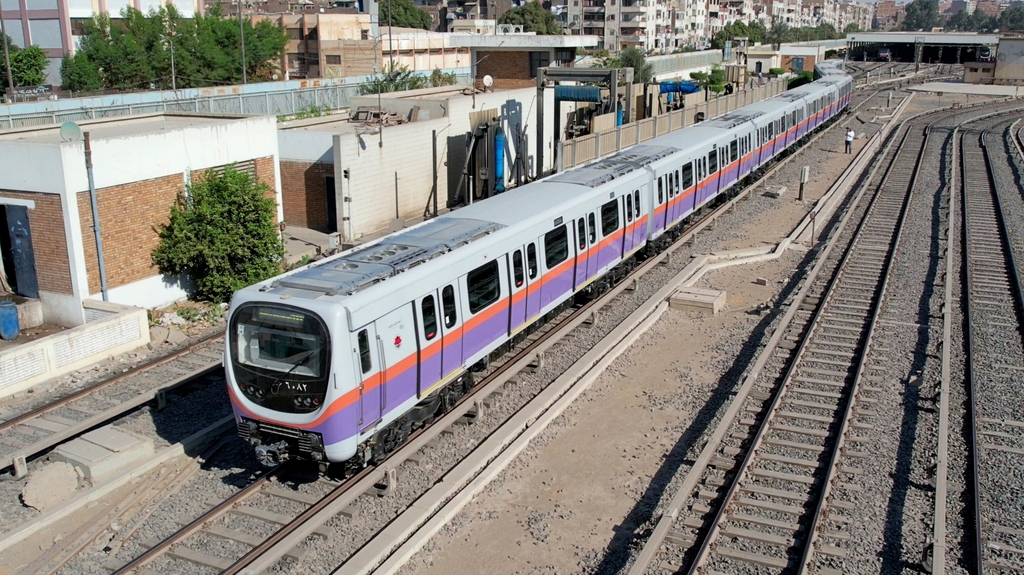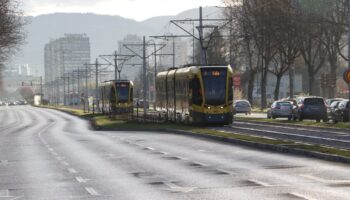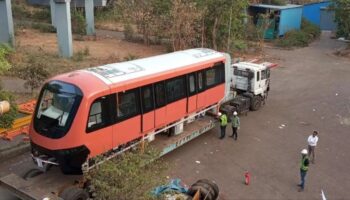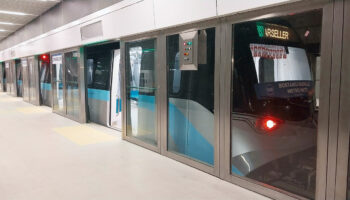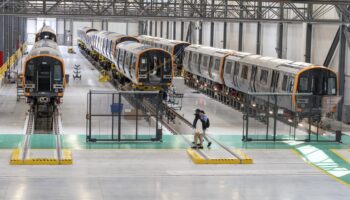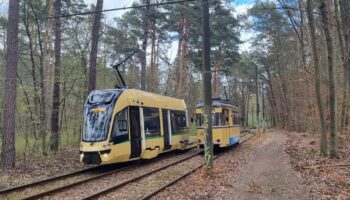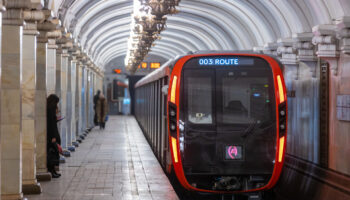Egypt: A Korean manufacturer in consortium with the NERIC local industrial complex will produce 40 eight-car trains for the second and third lines of the capital’s metro.
The cost of the metro trains order from the National Authority for Tunnels (NAT) will be $656 mln USD, Hyundai’s share in it is $563 mln (nearly 86%), the rest will be given to NERIC. The contract also includes obligations to maintain trains for 8 years. According to Hyundai Rotem, the Export-Import Bank of Korea will provide a $560 mln loan for the project. The relevant agreement on the development of production was signed by the parties in June this year.
Production must be localized by at least 30%, and rolling stock delivered by 2028. Earlier it was noted that cooperation with NERIC involves the production of up to 800 metro cars and the achievement of a 75% localization level within 6 years.
Currently, the NERIC industrial complex with a total area of 300,000 m² is being built in Port Said, which will consist of three production lines: for the production of metro cars (starting capacity is projected at the level of 150 units per year), trams (150 units per year) and repair of electric trains (125 units per year). The launch of the complex is scheduled for the second half of 2023. NERIC was formed in late 2020 by the Suez Canal Economic Zone, the Sovereign Fund of Egypt and several private investors. At the first stage, $178.5 mln should be invested in the site, and over the next 10 years, the volume of investments can reach $10 bln.
The possibility of localizing rolling stock in the country in cooperation with NERIC is also being considered by Talgo. In July, an appropriate cooperation protocol was signed with the Egyptian Ministry of Transport and NERIC to study the possibility of establishing a plant for the production of passenger coaches. The document assumes that 500 coaches will be produced at the future site at the first stage, including 100 coaches of the 1st class, 200 of the 2nd class and 200 of the improved 3rd class.
Hyundai Rotem has been working on the Egyptian rolling stock market for ten years, having received in 2012 its first contract worth $250 mln for the supply of 20 nine-car trains for the first line of the Cairo metro. Even then the order included the requirement for the partial localization of the rolling stock: 11 trains were produced at a factory in Korean Changwon, the rest were assembled in Egypt at the SEMAF plant (part of the Arab Organization for Industrialization, which is one of the largest industrial conglomerates in the country).
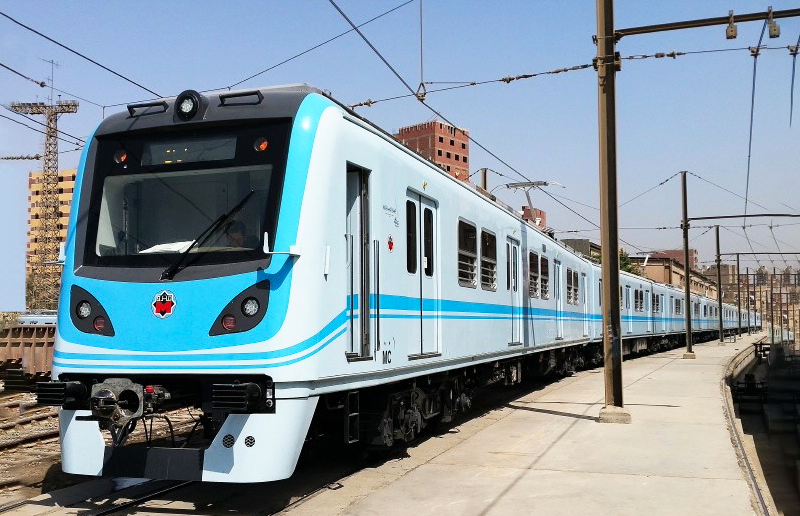 Metro train by Hyundai Rotem for Cairo Metro Line 1. Source: Hyundai Rotem
Metro train by Hyundai Rotem for Cairo Metro Line 1. Source: Hyundai Rotem
 Metro train by Hyundai Rotem for Cairo Metro Line 3. Source: Hyundai Rotem
Metro train by Hyundai Rotem for Cairo Metro Line 3. Source: Hyundai Rotem
The production of rolling stock is similarly distributed under another contract signed by Hyundai Rotem in 2017. So, out of an order for 32 eight-car trains for the third line of the Cairo metro, 22 cars should be produced in South Korea, and the rest at the SEMAF plant with a localization level of 25%. The first train, assembled at local facilities, was released in May this year. All deliveries under this contract should be completed by 2023. The eight-car trains will be able to accommodate 1,750 passengers and will be the first metro trains in the country with inter-car gangways. Another contract worth $135 mln, signed in 2019, provides for the supply of 48 Hyundai Rotem metro cars for the second line of the Cairo metro, but information about the expected level of localization was not found in open sources.



